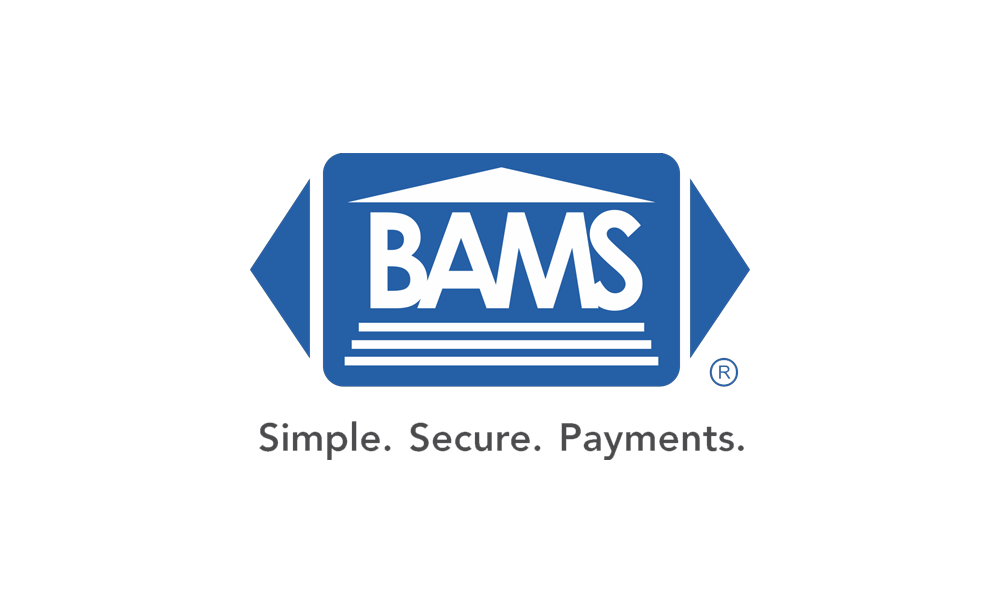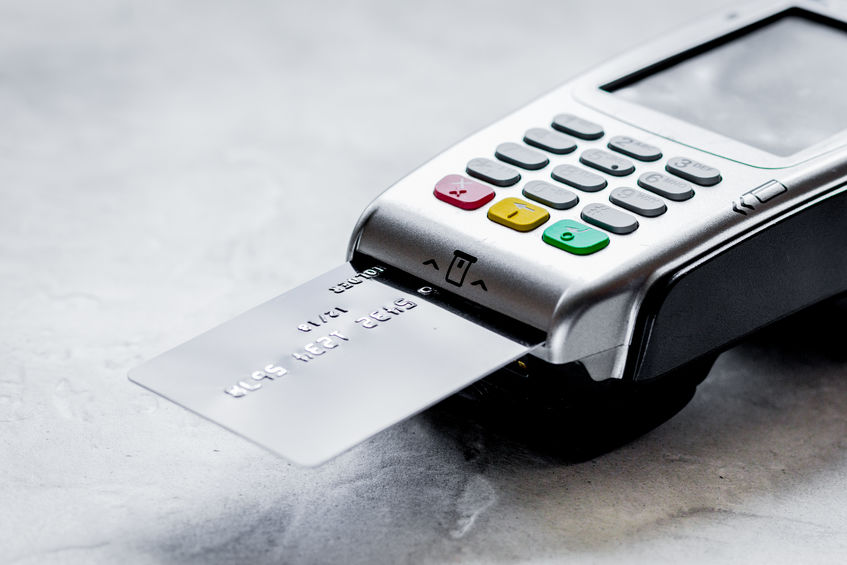What’s The Difference Between a Payment Gateway and a Payment Processor?
Online sales are the norm today and are growing more popular and ubiquitous each year. According to the US census bureau, in 2020, e-commerce sales now account for roughly 14% of all retail sales – an increase of nearly 8% from 2015. With more people utilizing e-commerce each year, it pays for retailers to integrate into the online market with an e-shop. However, before selling your goods online, you should understand two of the most critical functions of online POS systems: the payment gateway and payment processor.
Often confused and (incorrectly) used interchangeably, payment gateways and payment processors are, in fact, two completely different things. This article will thoroughly explain what payment gateways and payment processors are, how they interact with one another, and what role they play in your online marketplace or payment portal.
What Is A Payment Gateway And How Does It Work?
A payment gateway is a system or software that encrypts customer information and sends it to the processor. Payment gateways function as the online equivalent of a physical POS terminal (such as a credit card reader) where the customer clicks “pay now”. These gateways are vitally important to an online marketplace. Gateways are the interface that customers interact with when checking out, and the primary security measure for protecting the customer’s information during the transaction.
Once payment gateways receive customer information, they are encrypted through an SSL (Secure Socket Layer). SSLs encrypt the user information with a public key, which can only be decrypted through the gateway’s private key. This system ensures that if a customer’s data is stolen, it will be unusable to the thief.
Gateways can often use additional security measures, the most common of which is Tokenization. Tokenization replaces credit card information with random characters. These characters can then be decrypted on the receiver’s end through the gateway. This type of encryption does two things. First, it removes any connection from the transaction to the customer, which protects customer identity from the hacker. Second, these random characters are useless to the hacker without the key, protecting the customer’s credit card information.
What Is A Gateway’s Process For Sending Client Information?
The standard process for the transfer of information from a payment gateway looks something like this:
- Customer enters payment information into required fields at checkout.
- Customer finalizes transaction at checkout.
- Using an SSL, the gateway encrypts customer information.
- The gateway sends customer information from their computer to their corresponding bank.
- The gateway then decrypts the information.
- The bank either confirms or denies the information.
- If the bank confirms the validity of the information, the gateway sends the encrypted data to the payment processor to continue and finalize the transaction.
Why Are Payment Gateways Important?
Payment gateways are essential to your website’s security. It should be every website’s primary goal to provide their users with a safe, secure, and enjoyable experience. If your users cannot safely use the services on your site, they will go somewhere else. Beyond the initial loss of customers, failure to maintain diligent security measures can result in legal fines from a lack of PCI DSS compliance. PCI DSS, or The Payment Card Industry Data Security Standard, is a set of requirements for companies who send, receive, store, and utilize customer credit card information. The purpose of these requirements is to ensure that companies handle customer information with care and take the necessary steps to ensure the safe transfer and holding of this information. Failure to meet these requirements brings a litany of problems, from security breaches to legal fines and loss of reputation.
What Kinds Of Payment Gateways Exist For Your Business?
There are many payment gateways that you can utilize, and we would be here for days listing them all. Luckily, the large number of payment gateways generally break down into two categories:
- Custom Gateways: Custom gateways are, as their name implies, custom-designed for your website and payment portal. These gateways are usually only used by large companies that need complete control over the payment process for their services.
- Third-Party / Hosted Gateways: Smaller to medium-sized e-commerce sites often use these gateways. Hosted gateways are maintained by a third-party service and take your customers from your site through that service’s payment process during checkout.
What Is A Payment Processor?
A payment processor is a vendor or institution that handles the transfer of information between the customer, your website, the payment gateway, and the financial institutions sending and receiving funds. The payment processor receives the information from the payment gateway after the gateway has communicated and confirmed the payment information from the bank and then processes the payment for that transaction. Generally, the system for how payment processors handle transactions looks like this:
- The customer enters information for the transaction (credit card and identification information).
- The payment gateway sends information to the customer’s bank for verification.
- The bank confirms payment information.
- The payment gateway sends the encrypted information to the payment processor.
- The payment processor sends customer information to the website’s merchant bank account.
- The merchant bank sends a verification request to the customer’s bank for customer identification and validity of the transaction.
- The customer’s bank either confirms or denies information and transaction validity to the payment processor, who then directs the response to the payment gateway.
- The payment gateway notifies the customer of transaction results.
- The customer finalizes the transaction.
- Upon finalization, the payment processor sends information requesting a funds transfer from the customer bank account to be directly sent to the merchant account.
Payment processors and payment gateways are vital for any company hosting an online store. These systems ensure that your customers’ payment and credit card information is transmitted seamlessly and safely during any transaction. As a result, dealing with a leading payment processor and payment gateway has become a standard business cost for e-commerce sites in today’s world. If you are interested in improving your online payment processor and payment gateways, check out our services here.




